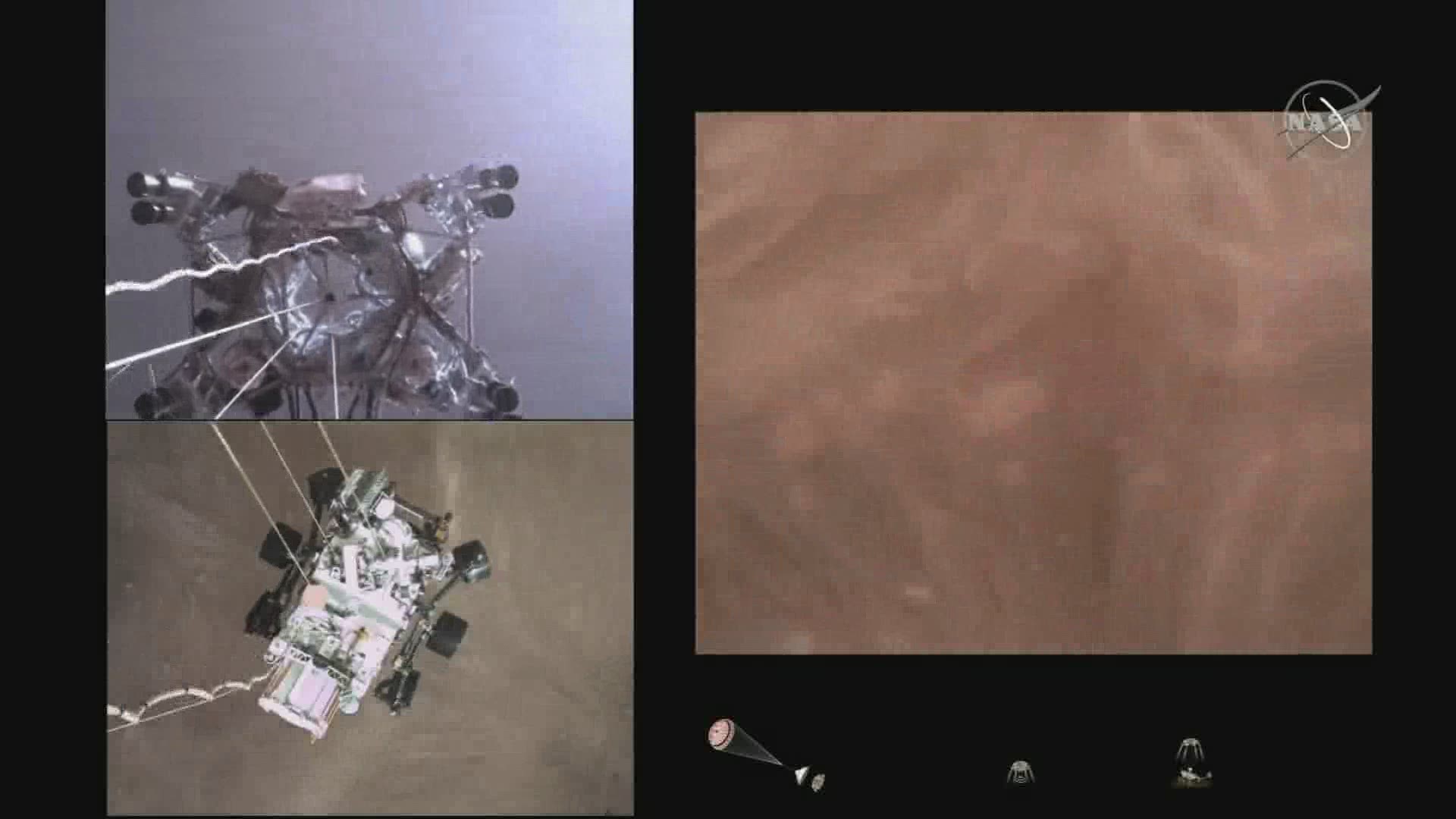ST. LOUIS — As scientists continue to search for evidence that life once existed on Mars, a new study suggests one quality of the red planet might be working against it — its size.
The study, published in the Proceedings of the National Academy of Sciences of the United States of America, looked at spacecraft data and 20 Martian meteorites to determine why, over time, Mars looks drastically different from Earth.
By evaluating Mars volatiles through potassium isotopes, scientists say they discovered the size of a planet impacts its ability to retain things like water.
"This could further shed light on the habitability of planets and assist with constraining unknown parent body sizes," the study reads.
So, what does this all mean? According to the study, the "bulk silicate" of a planet directly correlates with its abundance of water. That means the larger the mass of a planet the more likely it is to retain a habitable amount of water.
Mars just can't do that, according to the study.
“Mars’ fate was decided from the beginning,” Kun Wang, senior author of the study said. “There is likely a threshold on the size requirements of rocky planets to retain enough water to enable habitability and plate tectonics, with mass exceeding that of Mars.”
NASA's 2020 Mars Perseverance rover is currently combing the red planet for core rock samples to help confirm evidence of past Martian life. Those samples won't be Earthbound until the early 2030s.
Overall, NASA hopes Perseverance will collect samples that help open a new era of planetary scientific discovery as the push to — eventually — be able to get humans to Mars still remains.

